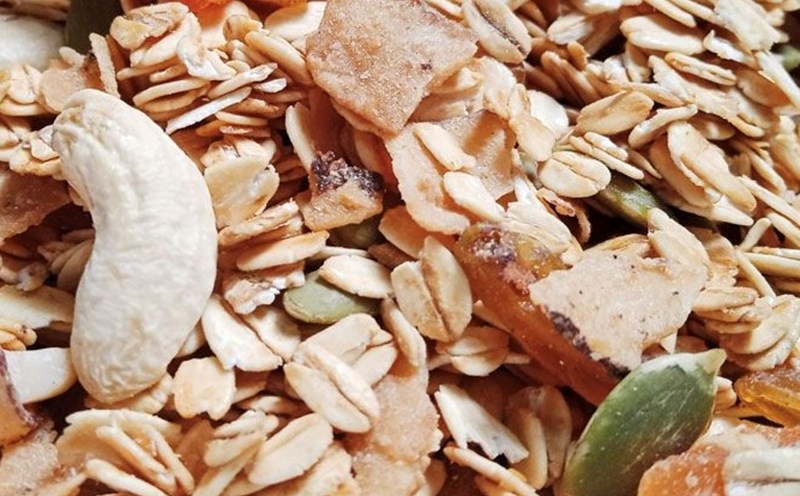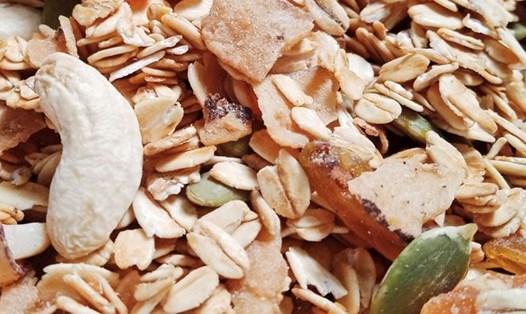Eat healthy
Prioritize green vegetables, fruits, whole grains, fermented foods (such as yogurt, kimchi). Stay away from fried foods, sweets, and processed foods.
Reduce stress
Stress can cause digestive disorders. You can meditate, write a diary, take a deep breath, play light sports or chat with relatives to relax your mind.
Exercise regularly
Exercising about 30 minutes a day (walking, cycling, yoga...) helps improve digestion and nourish the beneficial microbiome in the intestines.
Get enough sleep
Sleeping 79 hours a night helps the digestive system stabilize. Go to bed on time, limit phone use before bed and keep the bedroom quiet.
Probiotic supplements
Probiotics help increase intestinal beneficial bacteria. You can find it in foods like yogurt, kefir, or supplements (as instructed by your doctor).
Drink enough water
Water helps the digestive system work smoothly, supporting the nourishment of beneficial bacteria. Try to drink 1.52 liters of water per day.
Limit sugar and alcohol
Sugar and alcohol can easily cause an imbalance of bacteria in the intestines. Reduce soft drinks, candy, and limit alcohol as much as possible.
No smoking
Smoking harms the intestines, causes inflammation and kills probiotics. Quitting smoking will improve intestinal health and the respiratory system.
Go to the doctor when there are strange signs
Bloating, diarrhea, constipation, prolonged reflux... are signs of an unstable gut. Don't diagnose yourself, see a doctor for a thorough check-up.
According to Dr. Robert Burakoff - digestive expert at Weill Cornell Medical Center (USA): "Healthy eating, reducing stress and maintaining good sleep can significantly change gut health. Take care of your intestines every day as you take care of your heart.











